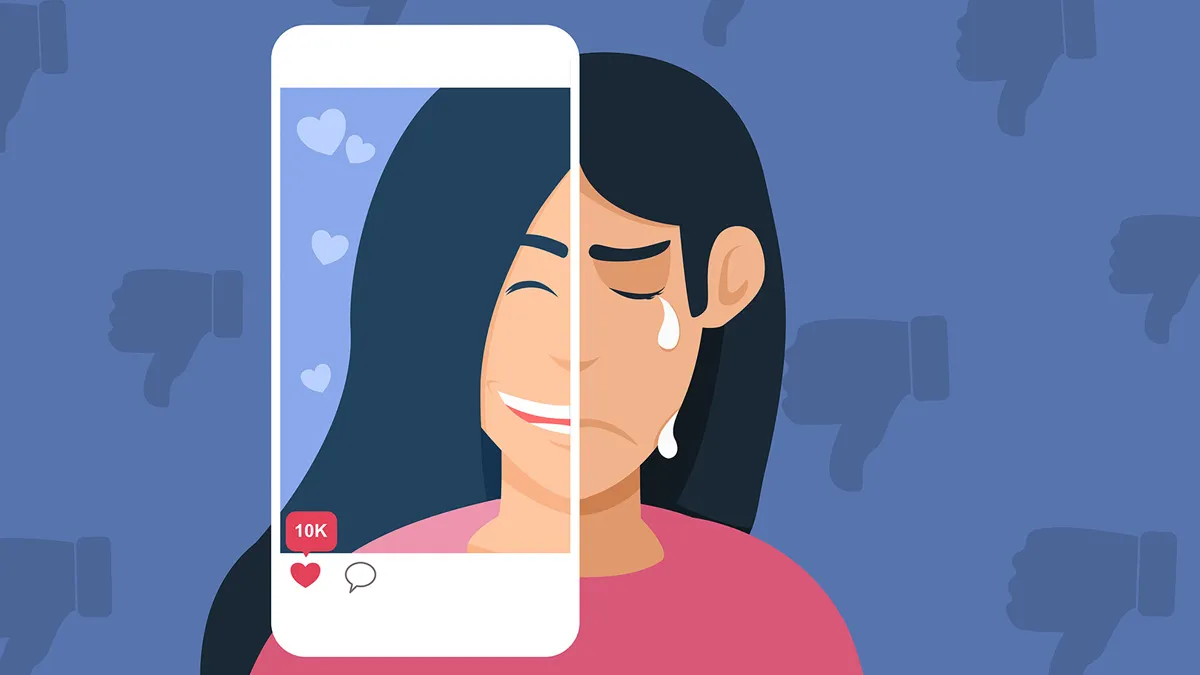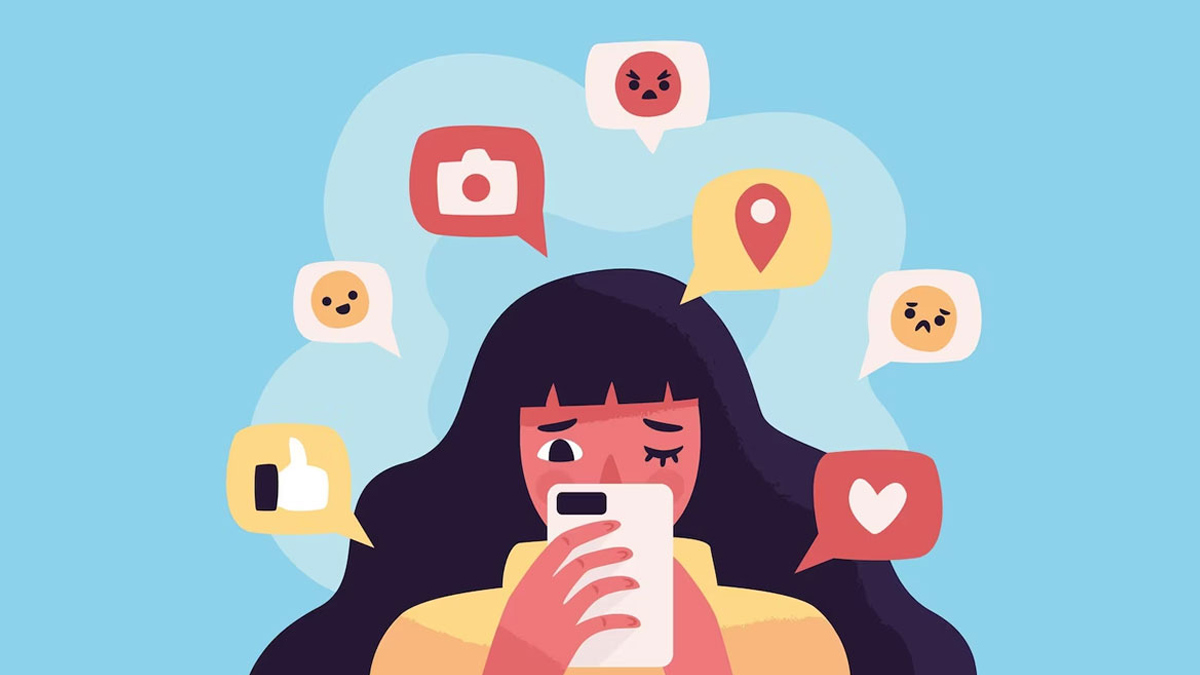
In this day and age of hyper-connection, our phones have become a part of our survival kit. From viewing emails and social media alerts to constant news alerts, the small screen keeps us engaged. But have you ever wondered why after you check your phone, you feel stressed, overwhelmed, or anxious? You're not alone. In an exclusive interview with the editorial team of Onlymyhealth, our expert, Dr Bhumesh Tyagi, Consultant, General Medicine and Physician, Shardacare, Health City, Noida, explained why this happens and what you can do to avoid it. Here is what he shared with us.
Table of Content:-
CHECK YOUR
MENTAL HEALTH

Why Does Phone Use Trigger Anxiety?
According to Dr Tyagi, a few triggers why your phone triggers your anxiety include:
1. Information Overload
Each time you scroll on social media or open your inbox, you're hit with a blizzard of data. Mental health professionals say that the overstimulation can wash over your brain, causing tension and anxiety.
2. Social Comparison
Social media shows us the highlight reels of other people's lives. Seeing it all the time can create unrealistic expectations, so you feel like you're behind, which piques self-doubt and anxiety.
3. Fear of Missing Out (FOMO)
The need to repeatedly check notifications usually arises due to FOMO. You might think that you would miss something crucial, trend, newsflash, or social interaction, leading to subliminal tension.

Also Read: Could Your Diet Really Affect Your Baby's Brain Development?
4. Work Pressure on the Go
Since work emails are available 24/7, smartphones eliminate the boundary between working life and personal life. This all-day access can contribute to burnout and heightened stress levels.
5. Blue Light and Sleep Disruption
Checking your phone late at night not only overwhelms your mind but also exposes you to blue light, which disrupts melatonin production and inhibits quality sleep, yet another reason that increases anxiety.
Practical Tips for Reducing Anxiety Caused by Phones
Here are some expert-approved tips that can help you reduce anxiety caused by phones:
1. Establish Limits with Notifications
Turn off unnecessary notifications. This eliminates the incessant urge to check your phone and grants your mind a reprieve.
2. Experience Digital Detox Hours
Dedicate certain times of the day, such as during meals or before bedtime, as phone-free zones. This allows your brain to recharge.
3. Curate Your Feed
Unfollow accounts that trigger negativity or comparison. Instead, follow pages that promote positivity, mindfulness, and learning.

4. Replace Scrolling with Healthier Habits
When the urge to check your phone arises, swap it with a healthier activity like stretching, journaling, or a quick breathing exercise.
5. Use Technology to Your Advantage
Apps which monitor screen time or prompt you to take breaks can assist in establishing healthier digital habits.
6. Prioritise Real-Life Connections
Quality time spent with relatives decreases dependence on virtual validation and assists in reducing anxiety.
Bottomline
Phones are great devices, but without responsible use, they can turn into unnecessary causes of stress and tension. By establishing limits, curating your online environment, and intentionally stepping away, you can take back charge over your mental health. Keep in mind, your phone is meant to serve you, not vice versa.
Also watch this video
How we keep this article up to date:
We work with experts and keep a close eye on the latest in health and wellness. Whenever there is a new research or helpful information, we update our articles with accurate and useful advice.
Current Version
Oct 12, 2025 16:39 IST
Modified By : Chanchal SengarOct 12, 2025 16:39 IST
Published By : Tanya Srivastava